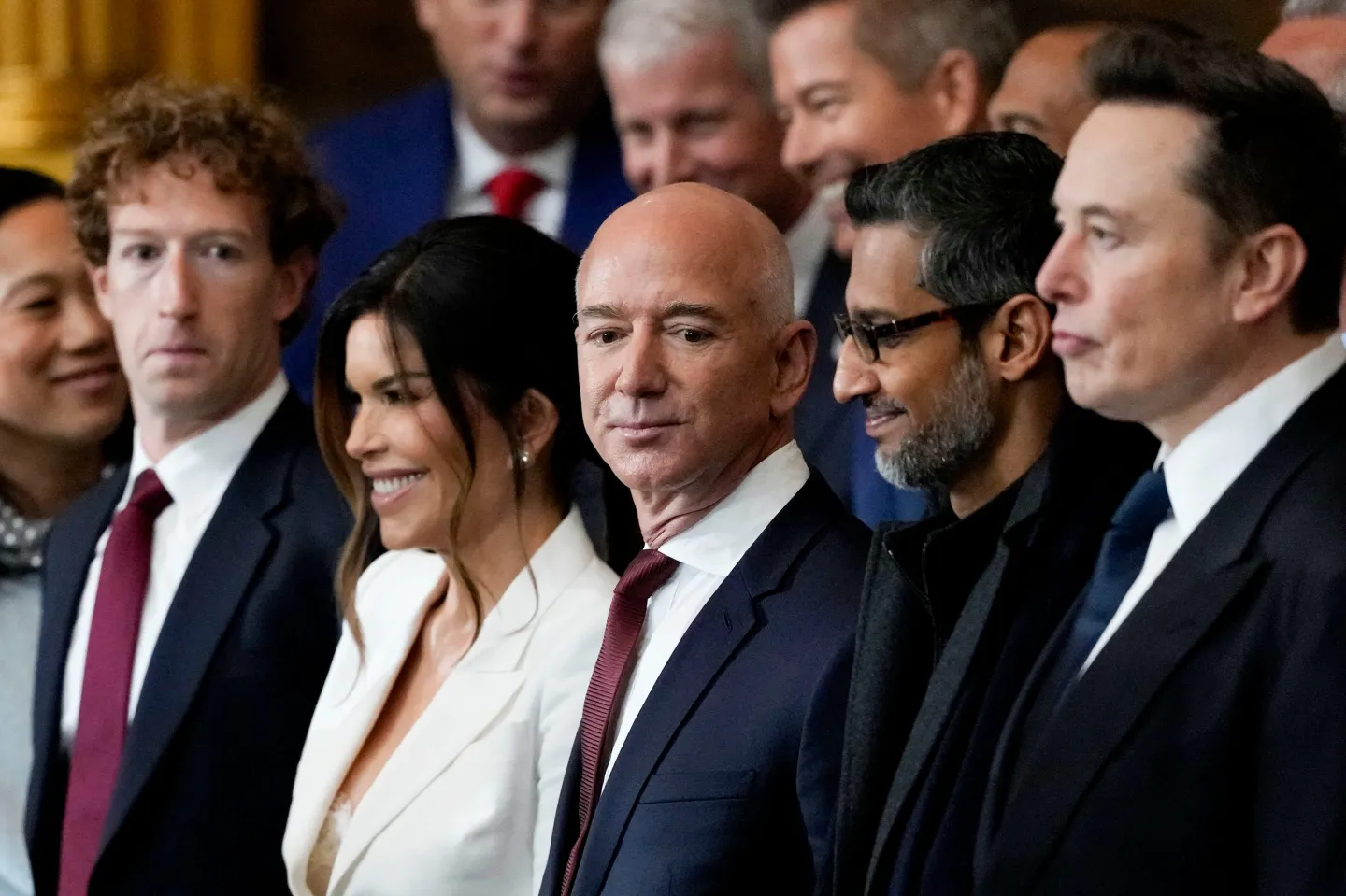The Billionaire Tax: How $5.7 Trillion in Wealth Is Quietly Hiking Your Rent and Groceries
Behind the glossy headlines about billionaire generosity lies a far more complex—and expensive—story. America’s 1,135 billionaires now control a staggering $5.7 trillion, more than the combined wealth of the bottom half of the country.
But the most important number isn't how much they have, but how little of it is circulated: only 3% of that fortune has been pledged or donated in the past decade. The rest isn't sitting idle—it's quietly influencing the cost of everything you buy. This concentrated wealth is creating an invisible surcharge on your life, inflating the price of rent, healthcare, groceries, and even college tuition. You might think rising costs are just inflation, but they're often the direct result of financial maneuvers made by the ultra-rich.
The Land Grab: Why Billionaire Investors Are the Silent Culprits Behind the Rental Crisis
The most visible impact of this wealth concentration can be found in the housing market.
"The reality is that the owners of concentrated wealth... are playing a more pronounced role in residential housing, thereby creating price inflation, distortions, and inefficiencies in the market," notes a recent report from the Institute for Policy Studies (IPS) and Popular Democracy. "Their everyday struggles of affording a home are made worse by the sweeping influence that billionaires have over the market."
Evidence of this influence is widespread. According to the Harvard Joint Center for Housing Studies (JCHS), rents across the U.S. have soared by 26% since early 2020. This spike is driven in part by institutional investors, many backed by massive private equity and billionaire capital, who target and acquire single-family homes. While they account for an estimated 3% of all single-family rentals nationally, their large-scale, high-volume acquisitions in specific high-growth metro areas dramatically reduce available inventory and create an upward pressure on prices for everyone else, turning essential housing into a high-profit financial asset.
Philanthro-Capitalism: When 'Giving Back' is Actually Profiting
The blurring of lines between giving and gaining is another hallmark of the $5.7 trillion class.
Billionaire-run foundations and endowments have quietly become investment vehicles themselves—earning more in financial returns than they distribute in charitable grants each year. This new form of “philanthro-capitalism” is designed to maximize financial returns for the wealthy, not social returns for the public. For the ultra-wealthy, even philanthropy can generate returns, effectively using charity as a tax-advantaged holding tank for capital.
Your Wallet vs. The Invisible Hand of Concentrated Wealth
It’s easy to dismiss billionaire behavior as distant and abstract—but their financial maneuvers shape your daily costs.
When high-net-worth investors buy farmland for “green” projects or space ventures funded through tax credits and capital gains shelters, it diverts billions away from the public revenue base that supports infrastructure, schools, and healthcare. This means the public quietly foots the bill for both the tax engineering and the resulting higher prices.
Michael Hiltzik, the Pulitzer-winning financial columnist at the Los Angeles Times, has often argued that innovation and corporate ventures that look inspiring on the surface are frequently underpinned by complex tax engineering, and it is the public that quietly ends up footing the bill.
In practical terms, that means higher asset prices, fewer affordable homes, and a market increasingly tied to billionaire sentiment. When tech stocks swing, your 401(k), savings, and mortgage rates often follow, demonstrating how concentrated power creates systemic financial instability for everyone else.
Actionable Steps: How to Reclaim Your Financial Independence
The era of the $5.7 trillion billionaire class isn’t just a question of fairness—it’s a mirror reflecting how economic power silently shapes every corner of American life. The next time you notice your rent rising or groceries creeping higher, it may not be inflation alone—it might be the invisible hand of concentrated wealth steering the market from above.
Here are concrete steps you can take to mitigate the effects and push for change:
- Diversify your portfolio beyond big-tech-heavy index funds—billionaire-driven volatility can rattle markets overnight.
- Check local property registries to see if institutional buyers are influencing your city’s housing costs, and support zoning policies that prioritize owner-occupiers.
- Back transparent community foundations and charities that publish full financial disclosures; your donations go further when they circulate locally and aren't tied up in investment schemes.














